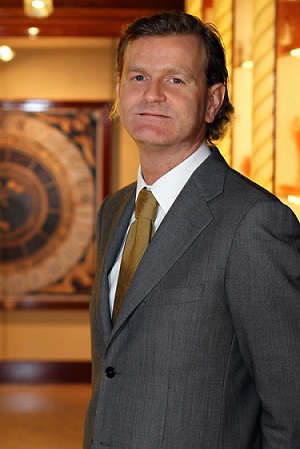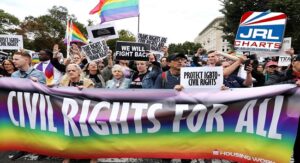By: Paul Goldberg, Staff Writer
According to a survey conducted by the University of Survey in the United Kingdom, gay sounding men or otherwise known as “queens”, as well as ‘butch sounding’ women, otherwise known as “dykes”, continue to be denied top level jobs due to the sound of their voices.
The study states that they found that gay men and women face discrimination more often than racial discrimination, when they apply for senior level leadership positions. The research further claims that employer hiring panels believe that men with a “gay voice” should be paid less than male employees who sound heterosexual otherwise known as a man’s voice.
 The study used participants on the interviewing panels who were not made aware of the sexual orientation of the job applicants in the study. This was done solely on the assumptions of the participants in the study. This truly spotlights the unspoken bias that LGBT people continue to deal with whenever they attempt at gaining high-level recruitment opportunities.
The study used participants on the interviewing panels who were not made aware of the sexual orientation of the job applicants in the study. This was done solely on the assumptions of the participants in the study. This truly spotlights the unspoken bias that LGBT people continue to deal with whenever they attempt at gaining high-level recruitment opportunities.
The study’s authors state that purported “auditory gaydar” continues to have grave social consequences for members of the LGBT community.
“These results demonstrate that the mere sound of a voice is sufficient to trigger stereotyping denying gay- and lesbian-sounding speakers the qualities that are considered typical of their gender,” said the study’s author, Dr Fabio Fasoli. “It is revealing, that despite all the work to lessen discrimination against the LGBT community, people subconsciously typecast an individual before getting to know them. This study highlights that it can be a real problem in the workplace and for people’s career prospects.” said Dr. Fasoli. (pictured right)
This was no surprise to me when I reviewed the study that also states that the people doing the interviewing were also asked if they would socialize with these potential colleagues outside of the workplace. When asked “Whether or not they would chose those with a “gay sounding” or “butch sounding” voice for social activities, males said they would avoid gay-sounding colleagues and women who acted and sounded butch.
“What is most concerning about this study is the subconscious behavior intention of participants, where heterosexual male participants avoided choosing a gay male as an acquaintance,” added Dr Fasoli. “This study demonstrates that unacceptable levels of discrimination, be they subconscious or conscious, still exists in our society, and we need to do more to tackle the discrimination faced by the LGBT community.” concluded Dr. Fasoli.
Dr. Fasoli’s study was published this month in the Archives of Sexual Behaviour Journal.
- REFUGE Official Trailer (2024) Horror Film – JRL CHARTS - April 18, 2024
- Leandro HairyXL Pounds Andrea Novak on Tim Tales - April 18, 2024
- Jeremy Allen White Calvin Klein Undies Spring Campaign Is A Hit - April 17, 2024







